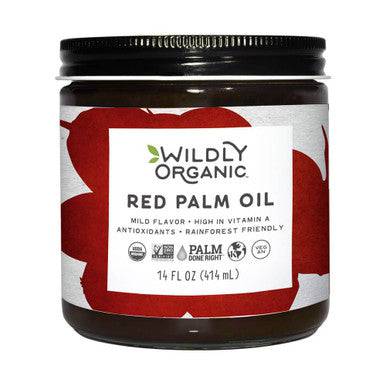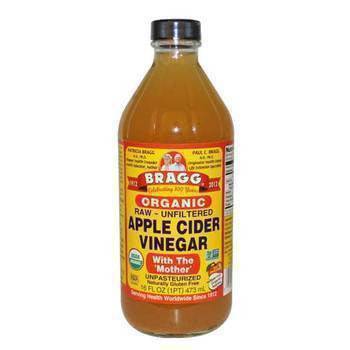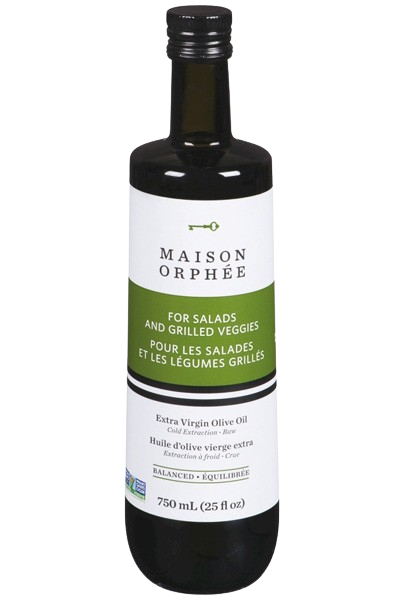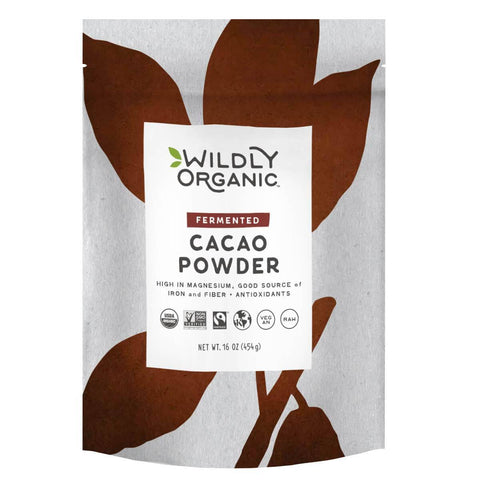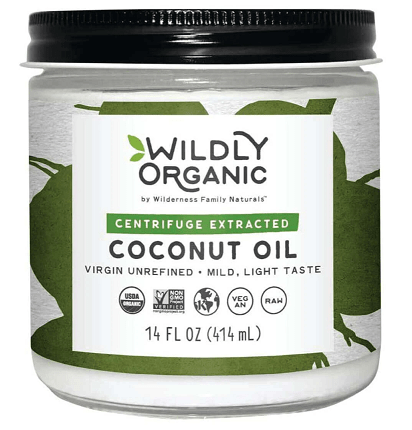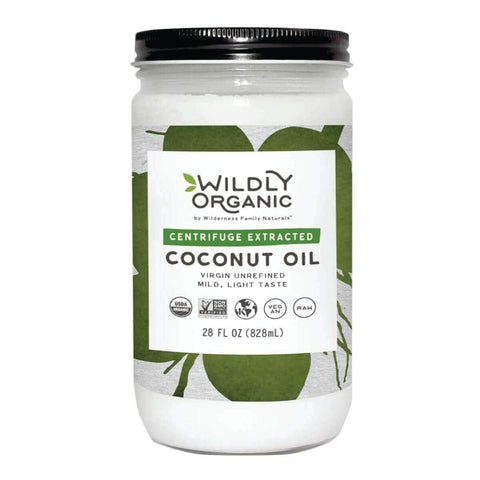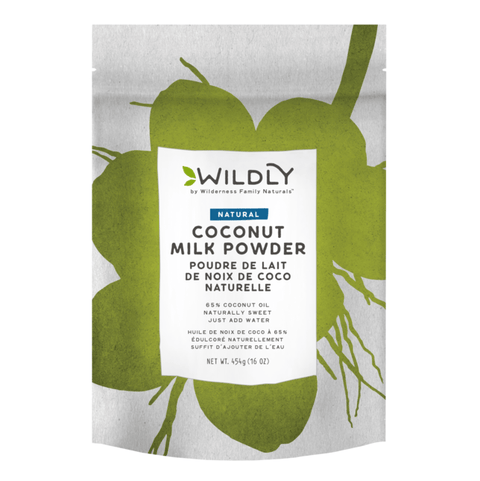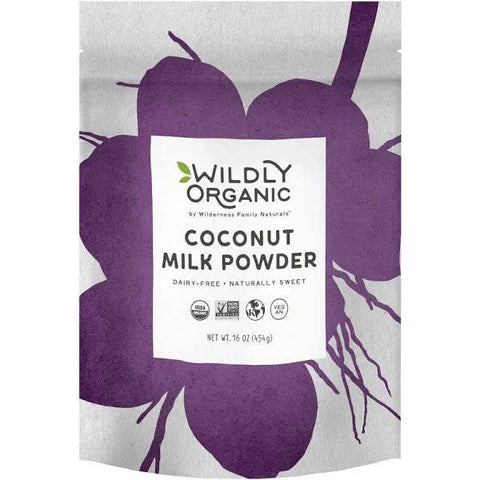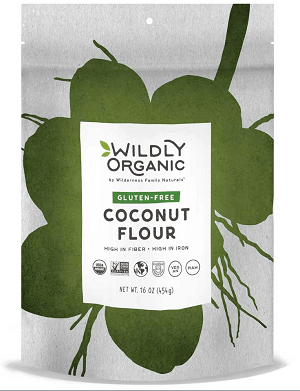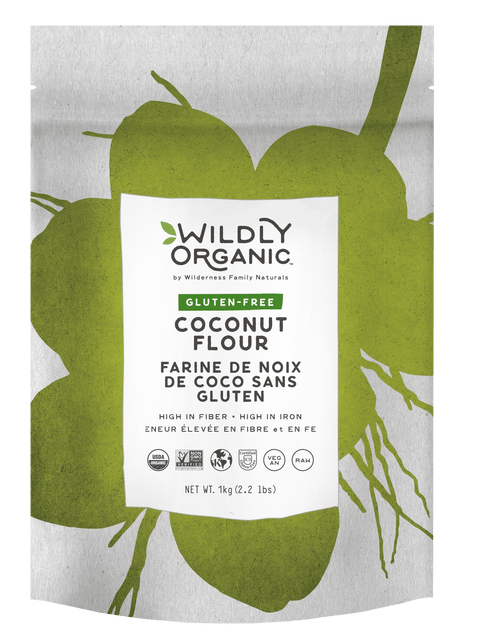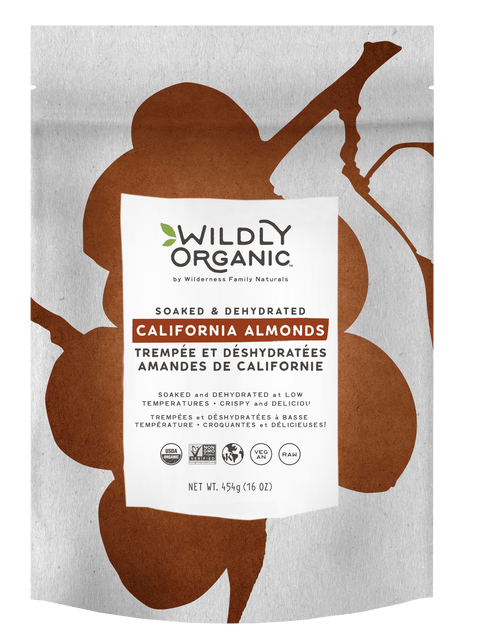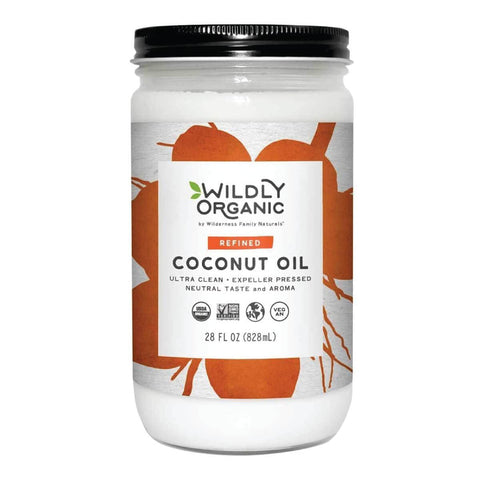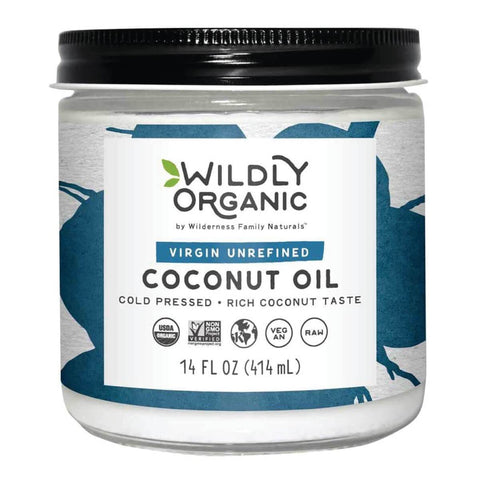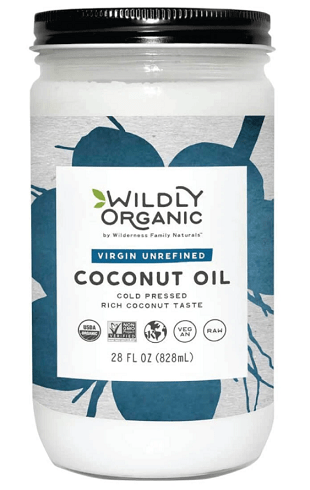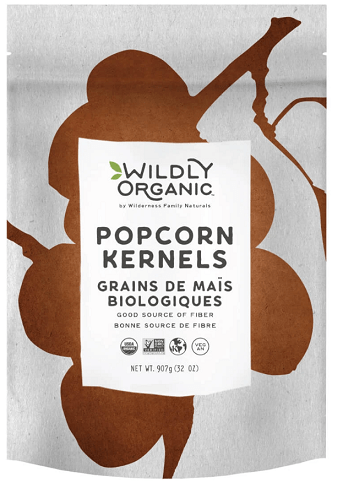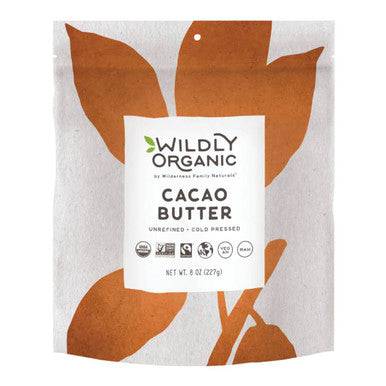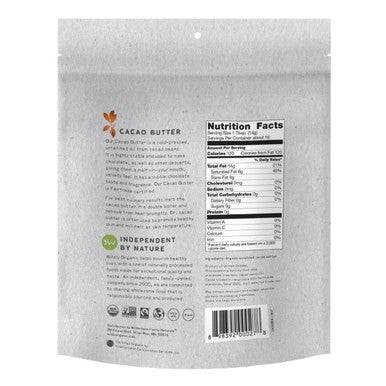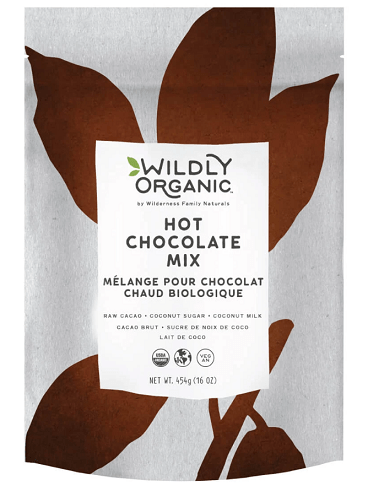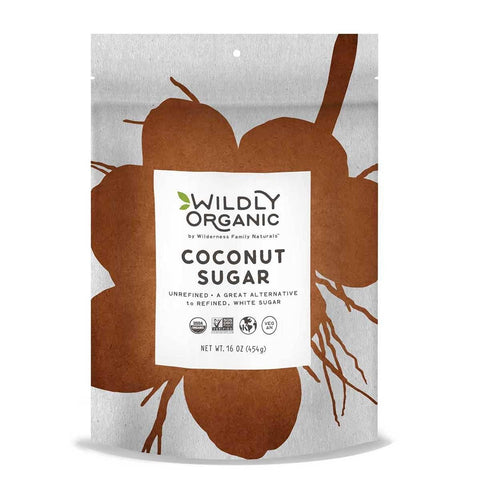Wildly Organic Red Palm Oil Natural 414mL
- Canada 1-10 business days after your order leaves the warehouse and is dependent on your region.
- United States 4-14 business days after your order leaves our warehouse.
For more info, visit our shipping page.
It is important to us that you are satisfied with the items you receive. We now provide refunds for products that are returned within 60 days of the order date. *
* Exceptions apply. Please review product return exceptions and guidelines
Wildly Organic Red Palm Oil Natural 414 ml
There is no red palm oil like this one anywhere else in the United States. It is a specialty product made by special order for us from an eco-friendly company in Malaysia. This oil is high in oleic acid when compared to other red palm oils and is in a liquid state for most of the year. With a remarkable neutral flavor and a dark red-orange color, this oil stands out, both in quality and nutritional value.
Natural Red Palm Oil is a Traditional Food
For many years, most of the food eaten by the human race, whether raw or cooked, came from natural, unprocessed foods. Nuts and seeds were often times pressed for oils and the oil was used in its "freshly pressed" state. In Mediterranean countries, the pulp of the olive was used to make prized oil long before the time of Christ. For centuries, just like the olive tree, special palm trees in tropical, rainy Asia and Africa supplied precious, deep red-orange oil from the pulp of their fruit. This oil, we now call Red Palm Oil.
Natural Red Palm Oil, sold by Wilderness Family Naturals, is produced from the fruit of the oil palm, Elaeis guineensis. This palm tree can be found in the wet, rainy areas of Africa, as well as the tropical rain forests of Asia. WFN's Natural Red Palm Oil comes from Malaysia which used to be considered the "Palm Oil Capital of the World". Today, Indonesia has surpassed Malaysia in palm oil production, however, Indonesia has allowed the destruction of rainforest in their pursuit of palm oil production and they only produce refined palm oil products. It is important to us that the oil palms used for the production of our Red Palm Oil come from an ecology-based company whose plantations have been in existence for many, many years, where they are not slashing and burning the Jungle to create more plantations. At the company we purchase from, the rainforest around them remains intact and no new rainforest is being destroyed. This company has won a number of awards for their environmental consciousness and they have been at the forefront of changing the practices of palm oil producers around the world. All the Red Palm Oil sold at Wilderness Family Naturals is RSPO certified. The company we purchase from is a founding member of this organization.
What does the RSPO certification mean?
The journey of RSPO started in 2003 as an informal co-operation among top palm oil producers. In 2004, RSPO was legally registered in Switzerland as a nonprofit organization and set up offices in Kuala Lumpur (Malaysia) and Jakarta (Indonesia). Today the RSPO principles, criteria and indicators extend far beyond just conserving primary rainforest. They require a comprehensive, independent social and environmental impact assessment, which includes soil types and other high conservation values important for biodiversity. The RSPO Principles and Criteria were drafted through an open and intensive dialogue between oil palm growers, palm oil processors and traders, consumer goods manufacturers, retailers, banks/investors, environmental/nature conservation NGOs and social/developmental NGOs. Also, public consultation rounds were held to gain additional input. The environmental criteria for plantations are directed at preventing further loss to primary forests or other high conservation value areas, reducing negative impacts on soil, habitats of endangered species and overall biodiversity, and development of water and energy-efficient production methods. The Social concerns that are addressed apply to palm oil production employs and support the fair treatment of millions of plantation workers, small farmers and their families. The social criteria for plantations are directed at strengthening local poor people's livelihoods by preventing conflicts about the rights to use land, providing income security to workers, small oil palm farmers and their families, protecting health and living environments, ensuring human and labor rights, and supporting legal compliance.
What have been the RSPO's results so far?
The Roundtable has developed a Code of Conduct for all of its members. It has agreed on Principles and Criteria that define sustainable palm oil production. They include standards for palm oil plantations, on dealing fairly with employees and impacted communities, conserving natural resources and biodiversity, and developing new plantings responsibly. The Roundtable has approved independent, well-established certification bodies, which audit palm oil mills and plantations and provide certificates to those that meet the RSPO's Criteria. To meet the needs of many end-users, the Roundtable has defined four ways for companies to purchase certified sustainable palm oil. All four supply chain systems are designed in such a way as to assure oil processors and consumers that the sustainable palm oil they buy indeed corresponds with oil that is produced in a sustainable way.
How Does Red Palm Oil Compare to Other Oils (such as olive oil, coconut oil, soybean oil, etc.)?
- Red palm oil contains more beta-carotene, vitamin E and tocotrienols than any other oil.
- Remains stable when used for cooking.
- It is not hydrogenated, nor processed with solvents such as hexane, and does not contain any trans-fatty acids
How is Natural Red Palm Oil different from other palm oil (and why are they not red)?
There are very few natural, great tasting, red palm oils available in America. Most palm oil in America has been refined, bleached and deodorized and does not exhibit any color. This is because during the refining process they remove all substances (other than the fatty acids) from the oil resulting in purified oil similar to many of the other refined oils currently in the standard American diet. Soybean oil, Corn oil, Safflower oil, and Canola oil are all refined oils found in grocery stores throughout America today. Unfortunately, this means all those carotenoids, tocopherols and tocotrienols are not present in refined palm oil - they are removed by the refining process. However, if a palm oil is not refined, then it is a crude palm oil which contains a rancid taste. Neither option is ideal.
Wilderness Family Naturals' Red Palm Oil has the best of both worlds!
Our palm oil begins with the careful selection of premium fruit from an isolated island off the coast of Malaysia. The fruit is picked and then rushed by boat to a special mill that sits waiting for the ship's arrival. Everything must happen very quickly because as the palm fruit sits, the free fatty acids in the fruit and its oil will also increase. The original pressing of the fruit must create an oil that contains less than 1% free fatty acids. This means that within hours of picking the fruit, it must be at the plant undergoing manufacture into oil. And then only minimal processing takes place to make sure there are no free fatty acids while maintaining the rich reddish-orange, fat-soluble, vitamins. That means that when all manufacturing is finished, this natural red palm oil still contains these substances, giving it a dark red-orange color not found in the refined products, yet oil without the rancidity of other red palm oils. After manufacture, this particular Natural Red Palm Oil is allowed to cool to room temperature which causes many saturated fats (predominantly stearic acid, the main fat found in beef tallow) to solidify and fall to the bottom of the vat. When the top, liquid faction is decanted, the decanted fats are higher in fat soluble vitamins, stronger in color and lower in saturated fats. This yields a fatty acid profile with a similar saturated fat to unsaturated fat ratio as found in olive oil, and a richer red-orange color much deeper in hue than standard crude red palm oils. Another way that Wilderness Family Naturals' Natural Red Palm Oil is different from crude palm oil is in taste. In our Natural Red Palm Oil the free fatty acids have been removed. By doing this, the taste of the palm oil becomes very mild and its shelf life is greatly extended. Wilderness Family Naturals' Natural Red Palm Oil is rich in natural carotenoids (vitamin A), is a good source of tocopherols (natural vitamin E) and contains tocotrienols. It contains about 50% naturally occurring saturated fats and 50% unsaturated fats. The fats in Natural Red Palm Oil are not synthetically hydrogenated or altered in any way. The main fatty acid found in Natural Red Palm is oleic acid, which is the main fatty acid in olive oil. Natural Red Palm Oil is a vegetable oil and therefore does not contain any cholesterol, which is only found in animal or dairy products. Some people refer to our natural red palm oil as a "high oleic palm oil". Oleic acid is the main fatty acid in olive oil and is a mono-unsaturated fat. All other red palm oils are over 50% stearic acid and not high in oleic acid. These other red palm oils solidify at temperatures similar to that of beef tallow. That's why other companies might tell you that red palm oil is always a solid.
*Disclaimer
These statements have not been evaluated by Health Canada or the FDA. This product is not intended to diagnose, treat, cure, or prevent any disease.


